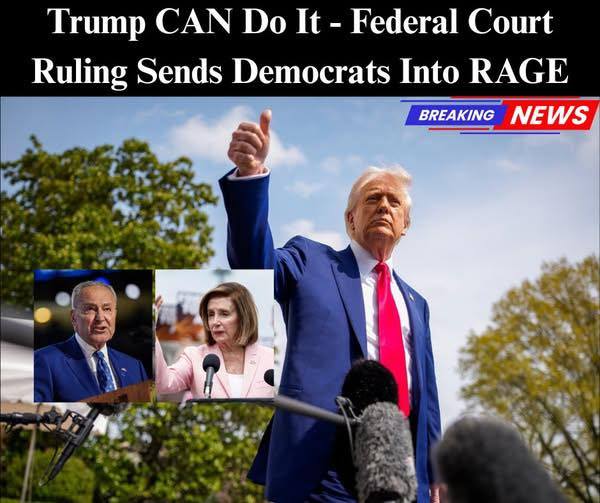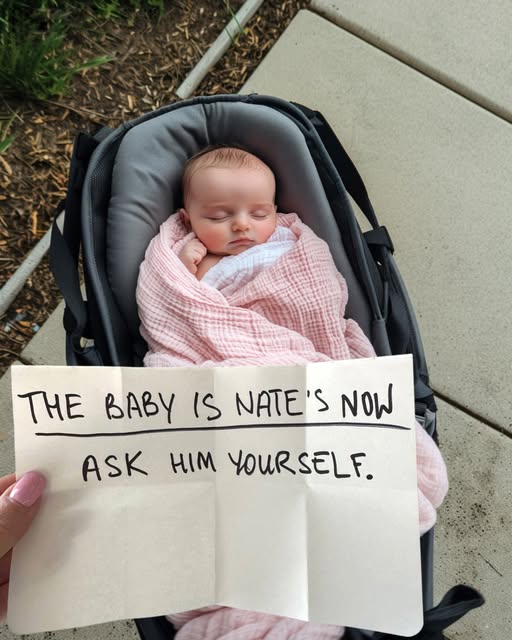A federal court has granted the deportation of Mahmoud Khalil, a 30-year-old protester who gained attention for his involvement in organizing anti-Israel protests at Columbia University. The ruling, issued by Assistant Chief Immigration Judge Jamee Comans in a Louisiana courtroom, has stirred significant controversy, raising questions about free speech, political expression, and the extent to which the government can intervene in the lives of non-citizens based on their political activities.
Khalil, who is originally from Lebanon, was informed by the court that he would be removed from the United States under existing visa statutes. The decision comes after allegations that Khalil misrepresented his activities on his visa application, including failing to disclose his employment with the Syrian office in the British Embassy in Beirut and his involvement with the United Nations Relief and Works Agency for Palestine Refugees.
The Deportation Decision
During his hearing, Khalil expressed his dissatisfaction with the proceedings, arguing that his fundamental rights to due process were violated. “Clearly, what we witnessed today, neither of these principles were present today or in this whole process,” Khalil remarked, emphasizing his belief that he was being treated unfairly due to his political stance. His defense argued that the deportation was politically motivated, claiming that the Trump administration had orchestrated his removal from the country.
The Department of Homeland Security (DHS) made the case that Khalil’s visa application was fraudulent, citing the failure to disclose his connections to organizations linked with Palestinian advocacy and his previous employment in the Syrian office. These allegations, according to DHS attorneys, made him “inadmissible at the time of his adjustment” due to “fraud or willful misrepresentation of material fact.”
Khalil’s attorney, Sabrine Mohamah, responded strongly to the ruling, criticizing it as “a blatant violation of the First Amendment” and warning that it sets a dangerous precedent for free speech and political expression. She argued that the deportation reflects a broader effort by the Trump administration to suppress dissent, particularly for those advocating for Palestinian rights, and warned that it could have chilling effects on non-citizens who wish to express their political beliefs.
The Political Backdrop and DHS Response
Secretary of Homeland Security Kristi Noem defended the deportation, stating that Khalil’s actions, which included supporting terrorist groups and harassing Jewish individuals, warranted his removal from the United States. “It is a privilege to be granted a visa or green card to live and study in the United States of America,” Noem said, adding, “When you advocate for violence, glorify and support terrorists that relish the killing of Americans, and harass Jews, that privilege should be revoked, and you should not be in this country.” Her statement underlines the administration’s stance that certain political actions and speech can justify the removal of non-citizens, especially those whose actions conflict with U.S. interests and values.
In an unexpected development, Secretary of State Marco Rubio also provided evidence in support of the deportation, referencing the Immigration and Nationality Act of 1952, which grants the government authority to remove individuals who are found to be a threat to national security. The legal basis for Khalil’s deportation has been bolstered by this reference, suggesting that his political activism could be viewed as an infringement on U.S. security interests.
Free Speech Concerns and Legal Implications
Khalil’s deportation has sparked widespread concern among civil liberties advocates, who argue that this case could have far-reaching implications for free speech in the United States. The decision has raised alarms that the government could now target non-citizens for their political beliefs, particularly those advocating for controversial issues like Palestinian rights or opposing U.S. foreign policy.
Khalil’s attorney highlighted the broader implications of the ruling, warning that it could set a precedent for the deportation of anyone who engages in political speech deemed unwelcome by the government. “Many noncitizens across the country — including lawful permanent residents like Mr. Khalil — now live in fear that they will be next if their actual or imputed speech brings them into the crosshairs of this administration,” Mohamah explained.
The defense team further argued that the ruling sends a message that political activism could be punished through legal means, and that individuals like Khalil are being detained and deported simply for advocating for Palestinian rights. This argument underscores a growing fear among immigrant rights groups that political dissent is being criminalized in the U.S., particularly for those who are not citizens.
Khalil’s Personal Statement and Allegations Against Columbia University
In response to his deportation, Khalil penned an op-ed titled “A letter to Columbia,” where he criticized the university for what he perceived as its complicity in the U.S. government’s crackdown on Palestinian rights activism. Khalil likened his situation to his experience fleeing the brutal regime of Syrian President Bashar al-Assad, describing the deportation proceedings as reminiscent of the repression he fled in his home country.
“The logic used by the federal government to target myself and my peers is a direct extension of Columbia’s repression playbook concerning Palestine,” Khalil wrote, suggesting that the university had been complicit in his targeting due to his activism for Palestinian rights. His comments reflect the broader tensions between academia, activism, and political dissent, particularly in the context of U.S. foreign policy in the Middle East.
The Bigger Picture: Deportation of Political Dissenters?
This case is far from an isolated incident in the broader struggle between free speech, national security, and immigration policy. The Trump administration has made it clear that it is willing to use legal tools at its disposal to target individuals whose political actions or affiliations it deems harmful to U.S. interests. This case may well become a key point of reference in future debates over how political activism and immigration law intersect.
For advocates of Palestinian rights and other marginalized political movements, the deportation of Mahmoud Khalil may serve as a powerful reminder of the potential costs of dissent in an increasingly politicized environment. As the case moves forward, it could fuel larger conversations about the balance between national security concerns and the rights of individuals to engage in political expression, particularly for non-citizens living in the United States.
Looking Ahead: Legal Challenges and Political Fallout
Khalil’s legal team has indicated that they plan to continue fighting his deportation, potentially escalating the case to higher courts. The outcome of this case could significantly affect the broader political discourse on immigration and political freedom, as it sets a precedent for how the U.S. government handles politically charged cases involving non-citizens. As the legal battle continues, political commentators, activists, and policymakers will likely keep a close eye on how the courts balance national security concerns with constitutional protections for free speech.
This case is poised to resonate far beyond Khalil’s specific situation, potentially influencing future policy decisions and the treatment of political dissidents in the United States. The ultimate resolution may provide a clearer understanding of how the U.S. government views the intersection of free speech, immigration, and security concerns in an increasingly polarized political climate.




